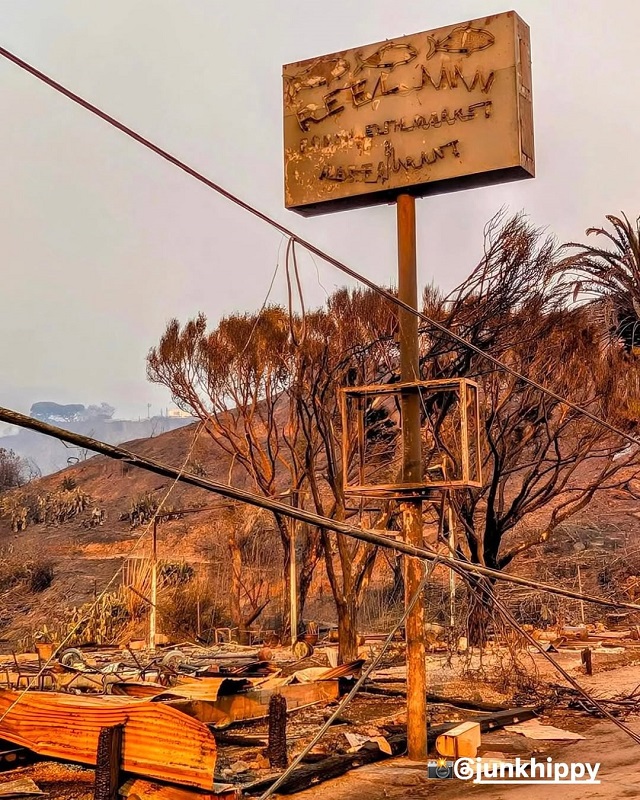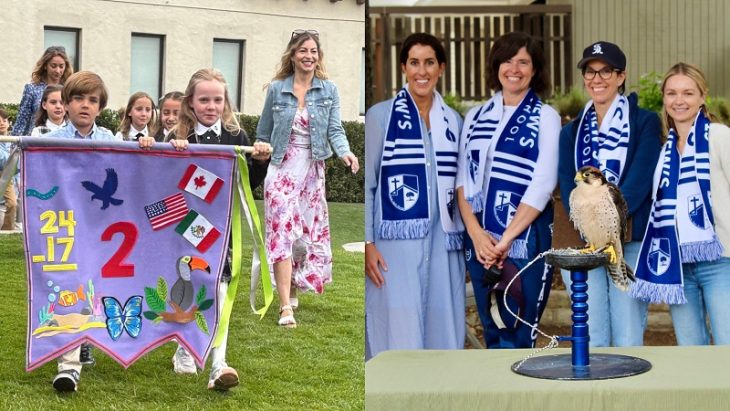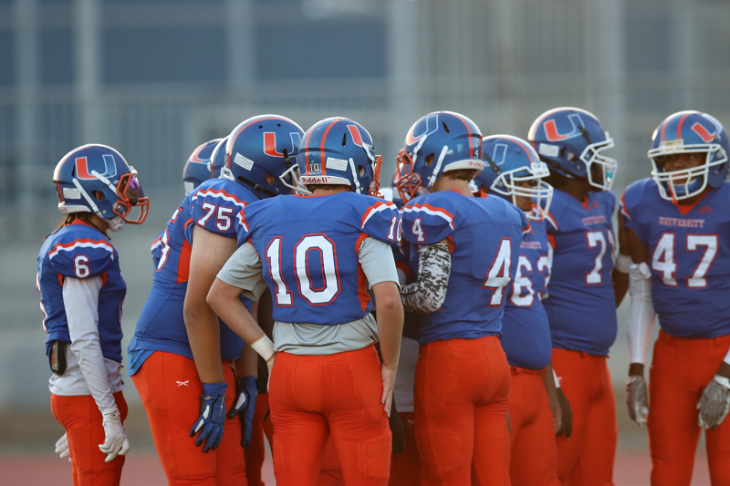
The pioneering 1960s comedian Dick Gregory will receive the 2,542nd star on the Hollywood Walk of Fame today.
Actor Tommy Davidson and E. Faye Williams, the president and CEO of the National Congress of Black Women, will join Gregory in speaking in the 11:30 a.m. ceremony in near the intersection of Hollywood Boulevard and Vine Street.
The ceremony coincides with the first weekday of Black History Month and Gregory’s 56th wedding anniversary. It comes one day before “An Evening With Dick Gregory & Friends,” billed as an “all-star exclusive comedy tribute and toast” at the Ricardo Montalban Theatre, benefiting the Dick Gregory Foundation.
“We are proud to honor Dick Gregory with a star on the Walk of Fame,” said Leron Gubler, the president and CEO of the Hollywood Chamber of Commerce, who serves as the emcee for the Walk of Fame ceremonies.
“He has given so much to the world with his wisdom through his work in entertainment.”
Born Richard Claxton Gregory on Oct. 12, 1932, in St. Louis, Gregory began his comedy career while serving in the U.S. Army in the mid-1950s. After dropping out of Southern Illinois University, he moved to Chicago, initially performing at night at clubs with predominately black audiences while working as a postal employee during the day.
Gregory’s big break came in 1961 when Hugh Hefner booked him to perform at Chicago’s Playboy Club, winning over audiences that turned an engagement initially planned for several weeks into three years.
Gregory went on to make sold-out nightclub performances, national television appearances and recording comedy albums in the early 1960s.
Gregory is also a prominent activist, participating in the civil rights movement and protests against U.S. involvement in the Vietnam War. He has engaged in more than 60 fasts on behalf of various causes, including one in Iran in an effort to free the hostages held in the U.S. Embassy.
Gregory ran for president in 1968 as the candidate of the Freedom and Peace Party, receiving 47,149 votes.
Gregory is the author of several books, including a 1963 autobiography, “Nigger,” “Code Name Zorro: The Murder of Martin Luther King Jr.” in 1971 and a second autobiography, “Callus On My Soul,” published in 2003.























